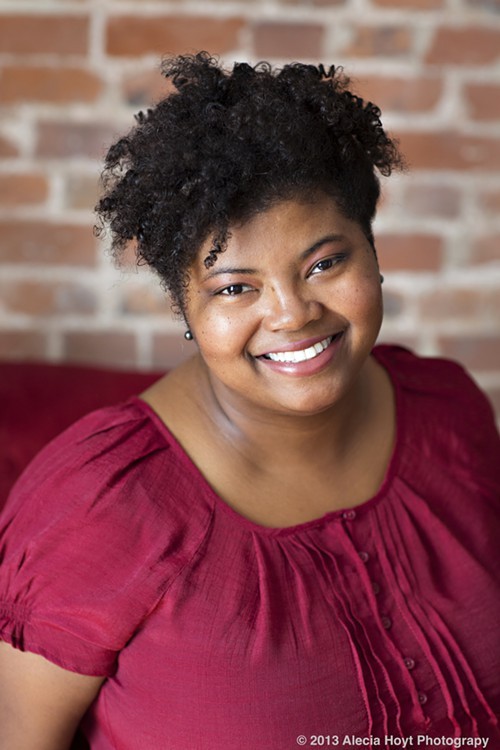“Don’t start none. Won’t be none.”
That was South Memphis native and biologist Danielle Lee’s response as to why she took to the internet last week to make public an email response from Biology-Online.org that called Lee an “urban whore” for turning down a guest blogger opportunity at that website.
A representative from Biology-Online, simply known as Ofek, sent Lee an email about guest-blogging. Lee already runs a popular blog on the Scientific American website called The Urban Scientist, which is billed as “a hip hop maven” blogging on “urban ecology, evolutionary biology, and diversity in the sciences.”
Lee responded to the email from Biology-Online asking what would be required and if there was any compensation for blog posts. In a follow-up email, Ofek told her that there was no compensation. Lee politely declined the offer, and Ofek’s response blew her away.
“Because we don’t pay for blog entries? Are you an urban scientist or an urban whore?” read the email. Lee posted screenshots of the email exchange on the Scientific American website. The blog was taken down by Scientific American, but it was later re-posted after the site owners verified Lee’s story. The story went viral over the weekend with posts on Jezebel and the Huffington Post.
Lee grew up in South Memphis and earned her master’s degree at the University of Memphis before pursuing a career as a biologist at Oklahoma State University, where she now serves as a post-doctoral associate.
ABC News reported that Ofek has been terminated from Biology-Online, and the site owner has apologized to Lee. The Flyer will run a full Q&A with Lee in next Wednesday’s edition. But here’s a sneak peek quote from Lee about the importance of diversity in the field of science.
“My ultimate cause is about science communication to underrepresented and underserved audiences. I would like to see more kids who have this natural curiosity who come from the hood, like me, or the barrios or the trailer parks, those places that we so often dismiss,” Lee said. “There are a lot of bright people who live in these communities. But we happen to be poor. That doesn’t mean there isn’t promise there or genius or excitement or curiosity. I really want that to come out. I care about amplifying the voices of people who have for far too long been ignored or overlooked or not noticed, particularly when it comes to science.”
